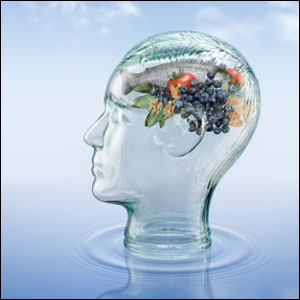
As the old mind/body dichotomy continues to dissolve, psychotherapists and other mental health practitioners are becoming increasingly aware that diagnosing and treating mental disorders requires a broader perspective than what DSM and many graduate curricula present. Common disorders such as depression, anxiety, schizophrenia, ADHD and many others are clearly intertwined with physical symptoms and physical causes.
As the relationship between mind and body is bidirectional, the fully competent clinician will have an awareness of a holistic body-mind-spirit perspective that takes into account such factors as diet, nutrition, exercise and other lifestyle factors.
Food for thought:
- Depression can also be caused by hypothyroidism and other purely physical causes.
- Biopsychiatry, originally concerned primarily with nutrition, has been significantly hijacked by pharmaceutical funding.
- Despite the massive influence of Big Pharma, holistic fields such as orthomolecular medicine, functional and integrative psychiatry, and whole psychiatry represent a growing movement back toward biopsychiatry’s original roots.
- Unlike most nutritional treatments, psychotropic medications often create severe negative side effects and may lead to comorbid psychological disorders.
- Naturopathic medicine is a field that is growing very fast. Naturopathic physicians’ first two years of medical training are usually identical with that of traditional physicians.
- Probiotic and nutritional supplement treatments have a significant effect on anorexia and other mental disorders and mental conditions.
- Gut inflammation is associated with several psychological disorders, including OCD and anxiety.
- Some scholars and experts assert that well-functioning bodies and brains require about 40 specific nutrients daily.
- Vitamin B-12 injections have been proven effective in treating some patients’ panic attacks.